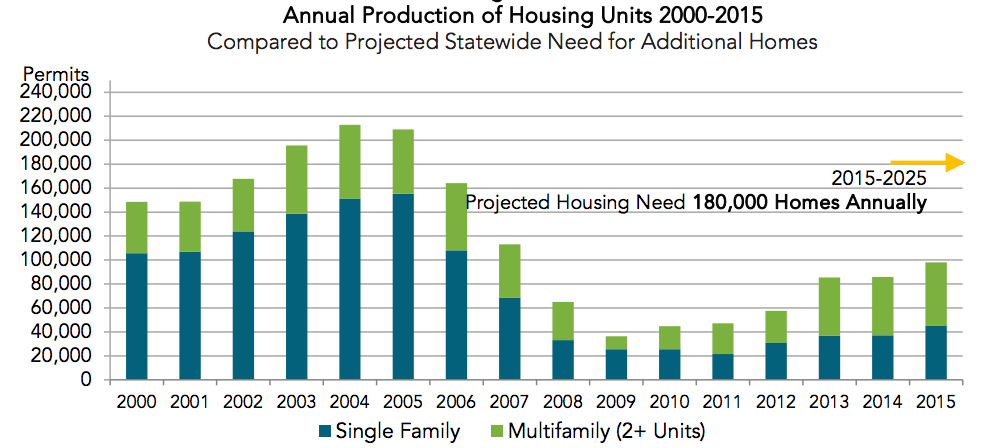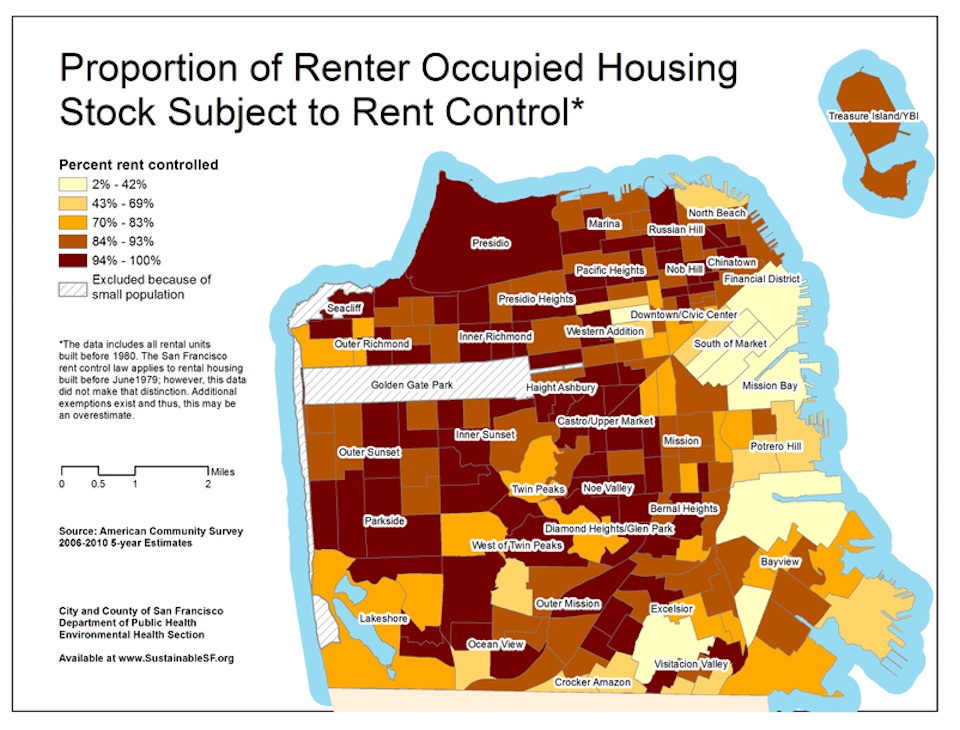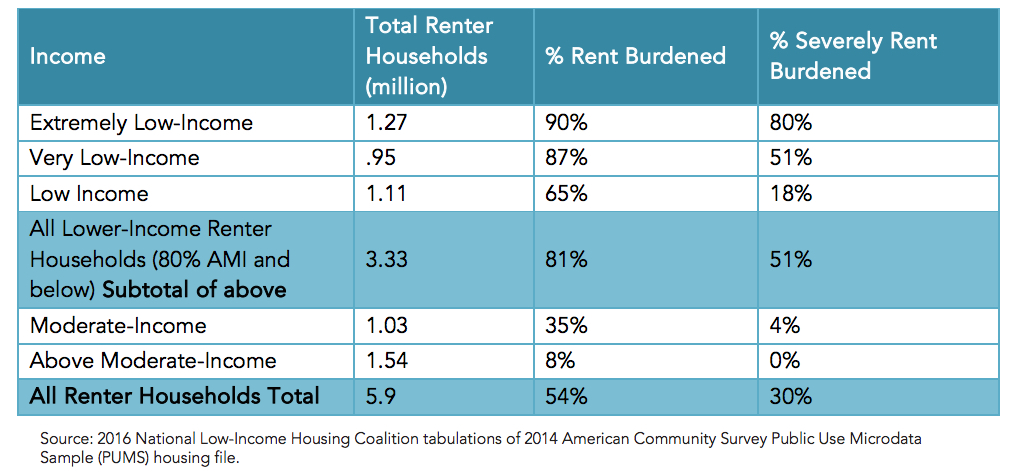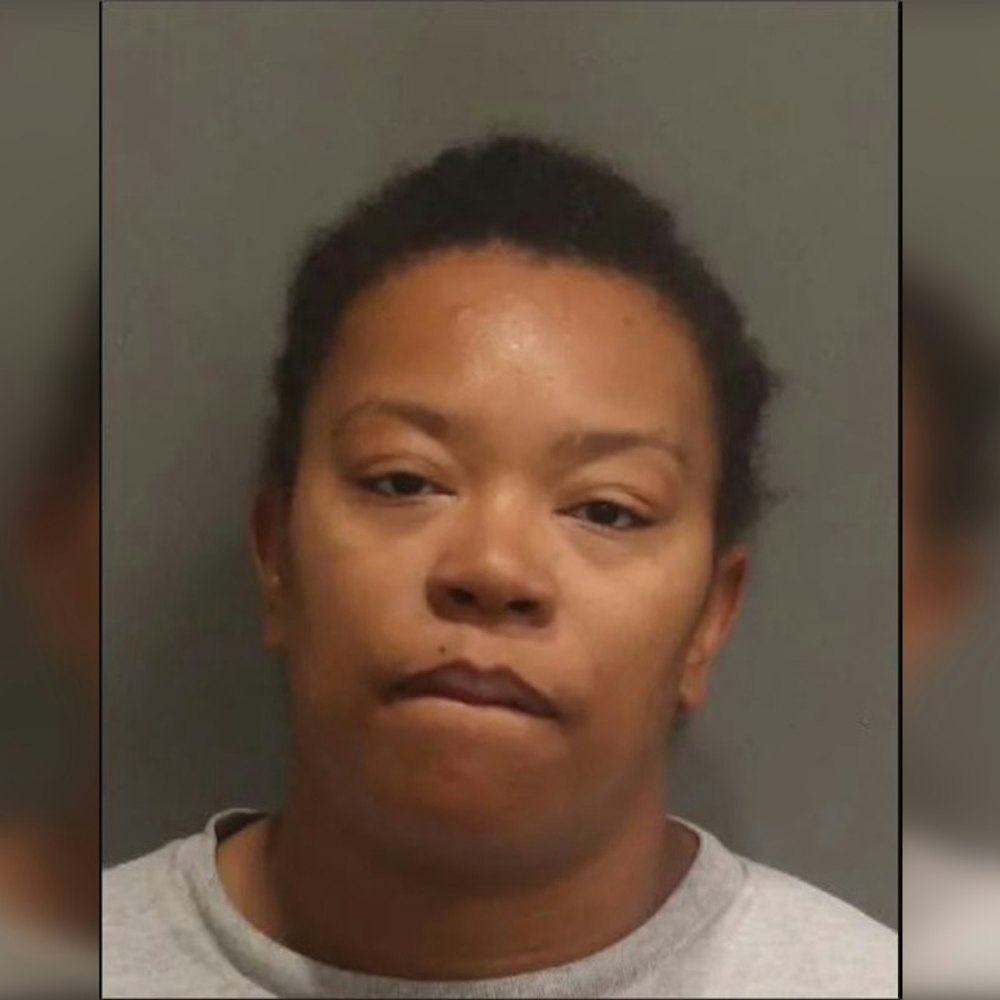
In an open house at his office last week with local media, Assemblymember David Chiu said he's starting to see support for his measures aimed at addressing San Francisco's shortage of affordable housing.
The state stopped investing in housing after the 2009 recession, as redevelopment agencies were defunded and bond money dried up, Chiu said.
When he was elected in 2014, he began floating housing measures to address the housing crisis, but drummed up very little support. This year, more than 130 housing bills have been introduced because a crisis is perceived statewide, he said.

According to the California Department of Housing and Community Development, the state has added 80,000 or fewer new housing units over the past several years, well below the 180,000 projected to be needed to meet demand from its growing population.
In San Francisco, the city is gradually taking steps to address the housing crisis. The Board of Supervisors this week will again consider changes to the city’s affordable and inclusionary housing requirements.
The changes—under consideration since last December—would increase the number of affordable housing units that will be funded with each new development in the city, and add an additional fee for new developments that would demolish existing rent-controlled units.
In May, the Board passed legislation to offer height and density bonuses for developments that include 30 percent on-site, permanently affordable housing units.

At the state level, Chiu said several of his efforts to support affordable housing have been vetoed by Governor Jerry Brown, largely due to funding concerns.
But just last week, Brown, Senate President Kevin de León and Assembly Speaker Anthony Rendon issued a statement committing support for a housing package that is moving through the legislature.
The housing package currently moving forward would be funded by a multi-billion dollar bond that would be placed on the ballot, potentially as soon as November 2018, Chiu said. This general obligation bond would provide a permanent funding source for affordable housing across the state, he said.
The package also includes a measure to streamline permitting, particularly for affordable, low-income, and moderate-income housing developments. A streamlined permitting process—even if just on the state level—would reduce costs and get housing built more quickly, he said.
Another measure would hold cities accountable for meeting housing development goals, particularly if they are expanding the workforce or welcoming a large new employer into their jurisdiction.

Chiu is also pushing to include a measure intended to address homelessness. The bill, AB 74, would create a pilot program aimed at housing those that are chronically homeless and reliant on high-cost emergency medical care through MediCal, and better align the efforts of the state's separate health care and housing agencies.
“We spend hundreds of millions of dollars on efforts to address homelessness after the fact, when people are already suffering on the streets,” he said. “It would be more humane, and actually much cheaper, to put someone in supportive housing, provide them with a city case worker and manage their health issues before they become homeless.”
The bill would provide grants to counties participating in the Whole Person Care pilot program to fund affordable housing developments and housing assistance programs, as well as coordinating health services.
Chiu said he is hopeful the comprehensive package of housing-focused legislation will be passed within a few weeks, especially given the support voiced by Brown last week.









